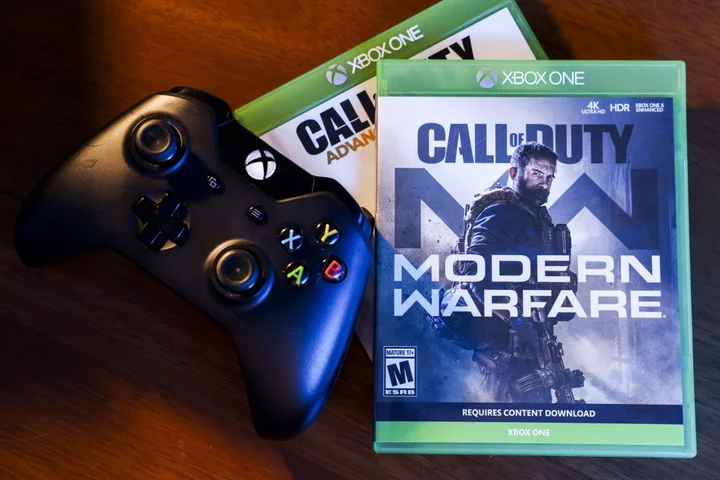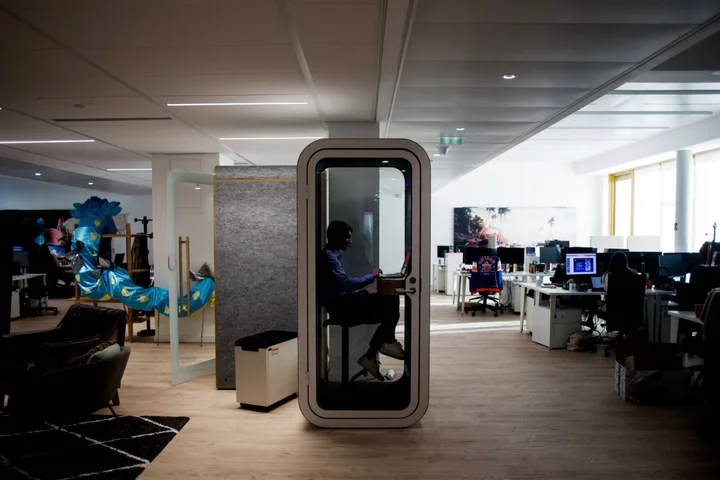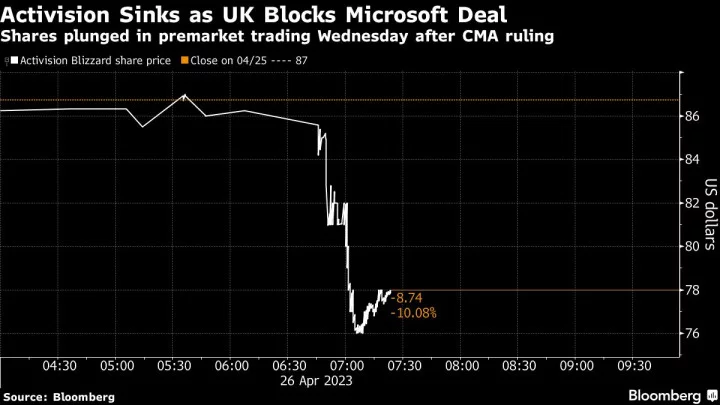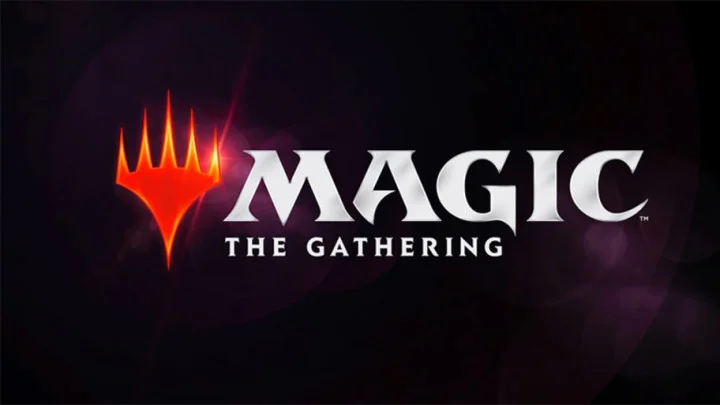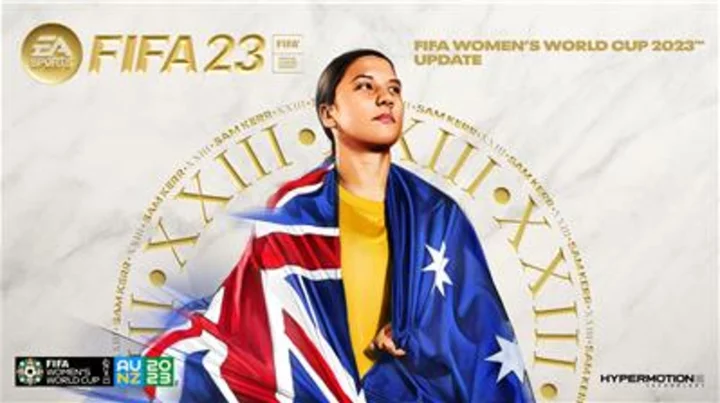US officials suing to stop Microsoft Corp.’s $69 billion purchase of Activision Blizzard Inc. argue the software giant’s recent acquisition history suggests it’s motivated to rope off blockbuster video games from competitors.
Microsoft routinely distributes its video games across multiple consoles, but with the 2020 purchase of gaming conglomerate ZeniMax Media for $7.5 billion, the company placed an increased emphasis on exclusive, top tier titles.
As the Federal Trade Commission seeks in court to block the Activision merger, the agency pointed to the ZeniMax deal to poke holes in Microsoft’s assertion that the acquisition will be good for the industry and question its intention to make more games available on multiple platforms.
Starting with the ZeniMax purchase, Microsoft made Redfall, Indiana Jones and the role-playing game Starfield exclusive to its Xbox and Windows platforms, marking a potentially new strategy, according to FTC officials. Microsoft has traditionally leaned on exclusives less aggressively than competitor Sony Group Corp., but has struggled recently to produce a breakout of its own.
In particular, regulators and competitors say Microsoft is motivated to disadvantage competitors by prioritizing Activision’s best-selling shooter game Call of Duty on its own ecosystem — even though the company has promised to share the title with Sony and Nintendo Co., the leaders in the console business.
While Sony and Nintendo have historically released their own titles exclusively on their own consoles, Microsoft gaming chief Phil Spencer has criticized the walled-garden approach for years.
Microsoft releases many games from its dozens of studios, including Minecraft, on Sony’s PlayStation and Nintendo’s Switch. Its own ecosystem includes the Xbox, Xbox app on Windows, and Game Pass cloud gaming service, which streams to phones, computers, smart TVs and tablets.
It has also kept some homegrown crown jewels, like the Halo franchise and Forza Horizon, away from rival consoles.
But federal officials suggest Microsoft’s strategy changed with the purchase of ZeniMax. Microsoft moved to buy the company when it learned there was potential that Starfield would skip the Xbox, Spencer testified last week.
ZeniMax executive Pete Hines chafed against the decision in an email to colleagues that was shared in court. Hines asked whether Microsoft’s vows to keep Call of Duty multiplatform were “the opposite of what we were just asked (told) to do with our own titles? What’s the difference?”
“Microsoft’s own strategy could not be more clear,” FTC attorney James Weingarten said last week. “Having differentiated content is critical to selling more consoles, getting more subscribers.”
Spencer pushed back in his testimony, saying it would be wrong to conclude the company’s plan was to make games only for its platform. He also said that “We can’t be in a position as a third-place console where we fall further behind on our content ownership, so we’ve had to secure content to remain viable in the business.”
Read More: Microsoft Game Deal to Harm PlayStation, Sony Executive Says
Exclusive content can drive console sales.
“The logic is that by making things exclusive, you incentivize people to buy into your platform ecosystem so there’s profitability down the line,” Joost van Dreunen, a lecturer at New York University’s Stern Business school, said in an interview.
Throughout its regulatory fight, Microsoft has consistently said controlling and distributing Activision’s content will create positive effects for the game industry. Spencer has vowed to keep Call of Duty on Sony consoles and port them to Nintendo’s consoles as well.
Van Dreunen said it’s Sony that has been “more successful in leveraging their exclusive content to their benefit.” Microsoft has purchased several game studios, but has recently struggled to land a monumentally successful first-party game.
Recently, Redfall received widely negative reviews.
“I’d directly relate that to Microsoft’s third position in the console market,” van Dreunen said.
Harvard economics professor Robin Lee, an expert witness for the FTC, testified that if Activision were to have made Call of Duty exclusive to the last generation of Xbox, it would have boosted Xbox’s market share by 9%. He added that consumers who join console ecosystems for certain games tend to spend more.
In a video deposition played in court, Sony gaming chief James “Jim” Ryan testified that in competition just between the two companies, PlayStation’s market share in the US is 55%. Ryan also said Tuesday that “we believe Microsoft intends to use Call of Duty to disadvantage PlayStation” and “drive PlayStation gamers to the Xbox platforms.”
However, critics point out that hardware and ecosystem exclusivity are different. Microsoft’s sprawling ecosystem includes multiple devices — a benefit of the company’s data center, software and hardware businesses.
--With assistance from Malathi Nayak.

